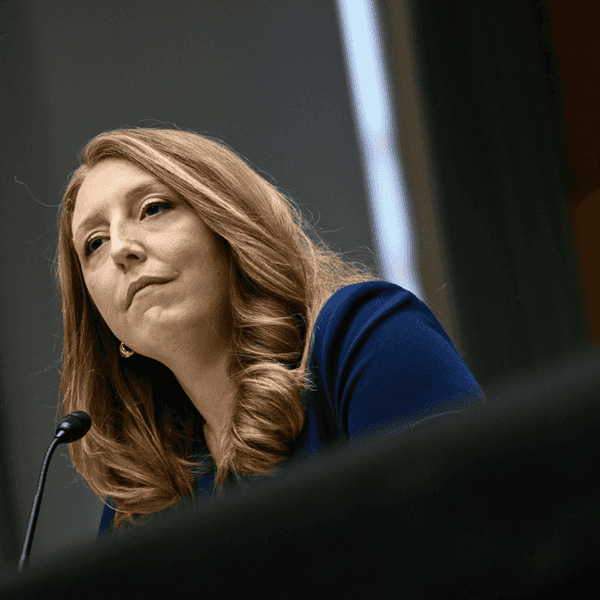
How to make sure congressmen have the information they need without relying on special interests?
Thanks in part to Lawrence Lessig’s excellent book Republic, Lost, out recently, a new way of thinking about lobbying has entered public discourse: Lobbying as “legislative subsidy.” In this view (which originated in an article in the American Political Science Review in 2006), lobbyists aren’t entirely in the persuasion business. Rather, a large part of what they do is to help already friendly but under-staffed and not-always-smart legislators understand complex issues and figure out how to do their jobs. At The Atlantic, Pascal-Emmanuel Gobry proposes offsetting the leverage of lobbyists by “adding more money to the system,” giving members of Congress $20 million staff budgets (versus about $1.3 million today) and paying congressional chiefs of staff $1 million.
I can’t tell whether Gobry’s proposal is serious or satirical, but it’s worth taking the whole idea, if not his numbers, seriously. Congress is under-staffed given the complexity of the issues members have to deal with, and staffers, like all public employees, are often underpaid. (Measured against the dubious standard of “what they could be making,” rather than, say, the U.S. median household income.) The best tend to leave after a few years, whether for the more lucrative opportunities offered by lobbying or lawyering or simply for a more family-friendly work life.
But as Lessig points out, “legislative subsidy” is hardly benign, especially when it moves from big questions like union organizing rights to more technical ones like financial regulation or copyright, the issue that drove him into thinking about money and politics. And there are issues on which lobbyists are standing by on all sides to offer their “subsidy.” For example, Congress spent more time last year on the “credit card swipe fee” issue, which pitted credit card companies and their lobbyists against big retailers and theirs, than any other. Issues like K-12 education have fewer lobbyists standing by to offer their friendly subsidy.
For a good picture of what “legislative subsidy” lobbying looks like in wonky real life, and how it intersects with campaign money, there’s nothing better than this long article from 2010 by Huffington Post reporters Ryan Grim and Arthur Delaney, about the House Financial Services Committee’s debate on financial regulation. Financial Services is known as a “cash committee,” not because of its jurisdiction but because members are able to raise money from the industry they oversee. Newly elected members of Congress, worried about cash for reelection, clamor for spots on that enormous committee. New members in turn tend to have younger, less experienced staff, who may have stellar academic credentials but don’t know anything about financial regulation. They, in turn, are easy prey for lobbyists.
Gobry’s proposal is classically libertarian: if individual members lack information, give each individual member more resources to develop information on his own and to hire people with more experience to sort out the competing claims. But there’s no reason those resources have to go to individuals. They can be shared resources. For example, before the Republican takeover of Congress in 1994, there was an institution called the Office of Technology Assessment, which could undertake highly wonky analyses for members of Congress. There were caucuses with independent staff, such as the Northeast-Midwest Coalition, which provides all sorts of analysis on issues of importance to the two regions (and which still exists as a privately funded operation).
Destroying some of these independent resources, and discrediting those that remained, was not just an irresponsible means of saving money. It was a central part of the conservative project, and remains so. One way to think of it is as a means to ensure that the “legislative subsidy” remains in private control.
Another independent resource for legislators and other public officials is think tanks. That’s why the current battle over control of the CATO Institute and the debate over the “politicization” of think tanks sparked by a recent article by Tevi Troy is so important and so connected to debates about money and influence. I’ll have more to say on this in a second post tomorrow.
Mark Schmitt is a Senior Fellow and Director of the Fellows Program at the Roosevelt Institute.








